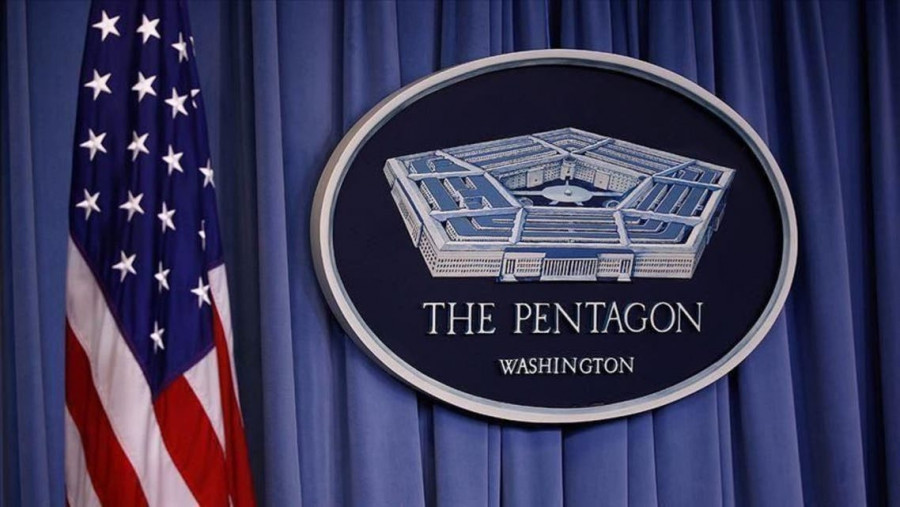The US Department of Defense has canceled a $10 billion cloud computing contract that has been the subject of a legal dispute between Amazon and Microsoft. But it did announce a new contract, soliciting proposals from both cloud providers and both are likely to win a bounty.
According to Arab Net, the deal, known for its acronym JEDI, or Joint Enterprise Defense Infrastructure, has become one of the Ministry of Defense's most intertwined contracts.
The Pentagon said that due to evolving requirements, increased conversational cloud, and industrial advances, the JEDI Cloud contract could no longer meet its needs.
It does not appear that the conflict over the cloud computing project is completely over, as the US Department of Defense (Pentagon) said in a press release that it still needs a global cloud capability. The Corporation, and announced a new contract based on multiple service providers known as Joint Warfighter Cloud Capability, according to CNBC and seen by Al Arabiya.net.
The ministry said it plans to solicit bids from both Amazon and Microsoft for the contract, adding that they are the only cloud service providers able to meet its needs. But she added that she will continue to do market research to see if others can also meet her specifications.
The lucrative JEDI contract was intended to modernize the Pentagon's IT operations for services provided over up to 10 years, with Microsoft awarded the cloud computing contract in 2019. , outperforming the market leader Amazon Web Services.
A month later, Amazon's cloud computing unit filed a lawsuit in the US Federal Claims Court to protest the decision to outsource the JEDI project to Microsoft.
The company argued that President Donald Trump's bias against Amazon and then-CEO Jeff Bezos influenced the Pentagon to award the contract to Microsoft.
The Pentagon set conditions for applicants to the new contract, indicating in the statement that it must meet several criteria, such as working on the three levels of classification (unclassified, classified or top secret). ), be available worldwide, and have first-class cybersecurity controls.
The ministry said it expected the value of the new contract to be in the billions, although the maximum deal was not specified, while it expected the contract to last for up to five years, including This includes a base period of 3 years and two periods as an option of one year.








































